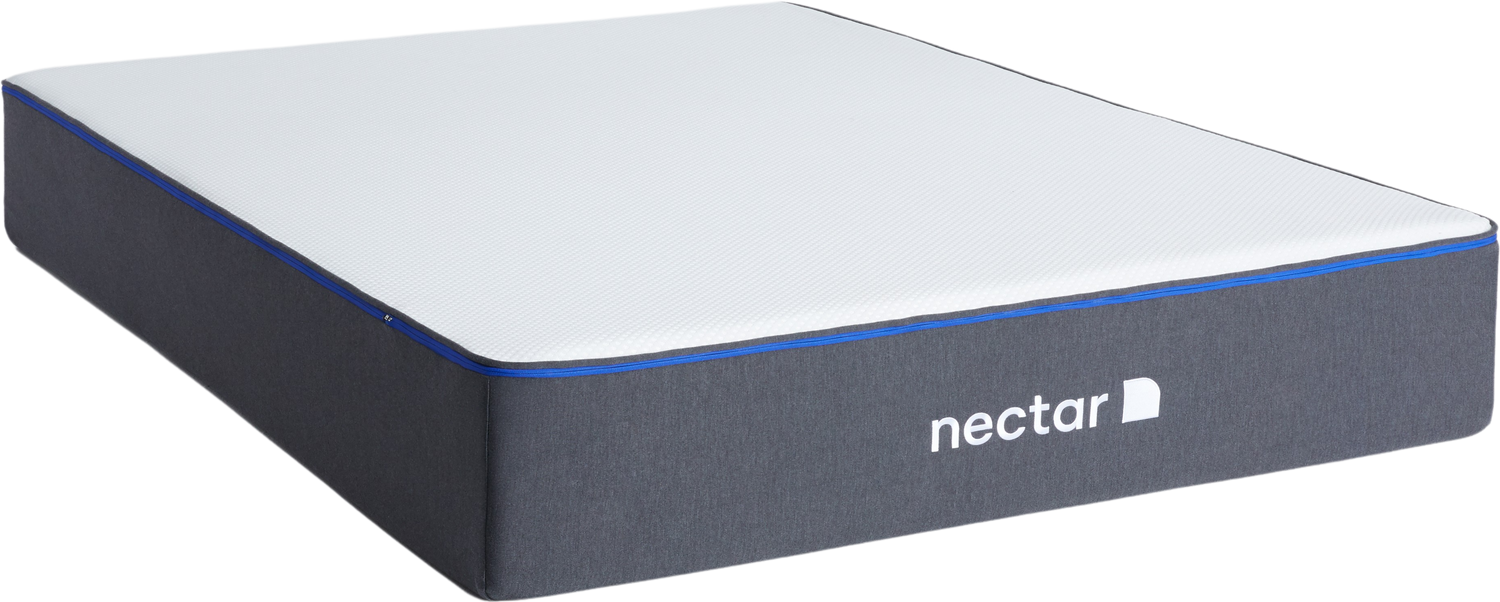Uncovering the Benefits of Belly-Down Rest
The stomach isn’t just where you digest your dinner—it also plays a surprising role in sleep for stomach sleepers. When you're lying on your front, your body weight is spread out more evenly, which can take some pressure off your lower back and neck. Some people even find this position helps with snoring or breathing issues, since your head is slightly lifted.
Another possible perk? It might help with acid reflux, since gravity helps keep stomach acid from creeping up into the esophagus. Just something to keep in mind if that’s something you struggle with.
So yes, the stomach has a big job—both during digestion and while you sleep. And understanding that connection might help you improve your sleep quality overall.
Exploring the Wonders of Stomach Sleeping
Some people just love sleeping on their stomachs. They find it relaxing, comfortable, and familiar. If you’re one of them, you’ve probably noticed that it can reduce snoring and even ease up on some kinds of pain. But again, it all comes down to the right setup.
You’ll want a firm, supportive mattress that lets your body rest evenly without dipping too far into the bed. And pillows? Go minimal. A flat pillow—or even no pillow—helps your head stay aligned with your spine, which is super important in this position.
Keep in mind that stomach sleeping isn’t for everyone. If you’re pregnant or dealing with chronic neck or back pain, you may want to try sleeping on your side instead. But if this is the position that helps you snooze soundly, just make sure your sleep setup is working with your body—not against it.
A Guide to Comfort and Rest
Fun fact: only about 7% of people are stomach sleepers. If you’re part of that group, you might already know it’s a bit of a tricky position when it comes to comfort. The main issues? Neck and back pain, plus the possibility of snoring or breathing difficulties.
To make things easier on your body, try slipping a small pillow under your stomach. This can help your spine stay more neutral while you sleep. Also, that super fluffy pillow under your head? Probably not helping. A thinner one (or none at all) is usually better.
And remember—it’s okay to shift positions during the night. Giving your body a break from that stomach-down pressure can help you feel better in the morning.
How to Get the Most Out of Your Sleep Position
Sleeping on your stomach can feel amazing, but if it’s going to be your go-to sleep style, you’ll want to do it the right way.
Start with your pillow. A soft, slim one will keep your neck and spine in better alignment. Try not to crank your head to one side too much, and keep your legs slightly bent to ease the strain on your hips and lower back.
Your arm position matters too. Keep them by your sides or gently extended—not tucked underneath you—so you don’t end up with shoulder or neck pain. Little changes like these can make a big difference in how you feel when you wake up.
The Stomach Sleeper's Struggle with Sleep Apnoea: A Troubling Combination
Here’s something important: stomach sleeping might increase your risk of sleep apnoea. That’s when your breathing pauses or gets shallow while you sleep. Because your head is turned and your neck might be compressed in this position, your airway can get blocked more easily.
If you’re a stomach sleeper and find yourself waking up tired, with headaches, or getting nudged by a partner because of loud snoring, it’s worth checking in with your doctor. You could be dealing with undiagnosed sleep apnoea.
Treatment can include lifestyle tweaks (like avoiding alcohol before bed), using special sleep devices like CPAP machines, or trying a new sleeping position altogether. Sleep apnea isn’t something to ignore—it can impact your long-term health, so don’t hesitate to reach out for help.
How to Achieve Optimal Comfort as a Stomach Sleeper
Let’s get real: getting good sleep as a stomach sleeper takes a little bit of strategy. The way you position yourself can make a huge difference in how your body feels come morning.
Try to keep your head and neck supported just enough—but not too much. A low, flat pillow is ideal. Also, placing a small cushion or rolled towel under your stomach or hips can help ease the pressure on your lower back. Bonus: this small tweak can improve your daytime posture, too.
Your mattress matters just as much. Too soft, and you’ll sink in weird ways. Too firm, and you might end up stiff. Look for something that offers solid support and a bit of cushion.
A Guide for the Belly-Down Sleeper
If sleeping on your stomach is what works for you, you’re not alone—and with a few simple tips, you can make it even more comfortable.
Stick to a thin pillow (or go pillow-free) to avoid neck strain. Choose a mattress that keeps your spine happy—something with supportive foam that cradles your body without sagging. And if you’re waking up sore or stiff? That’s your sign it might be time to reevaluate your setup.
This position can even be a plus for people who snore or have mild sleep apnoea, since it opens up the airways more than back sleeping. But if you start feeling discomfort in your abdomen or chest, don’t be afraid to switch things up.
The Pros and Cons of Prone Position for Stomach Sleepers
Sleeping in the prone position (that’s belly-down, with your head to the side) is super common among stomach sleepers. It feels secure and cozy for many people. It also helps with spinal alignment and can reduce issues like heartburn or acid reflux.
Just be mindful of a few things: your pillow shouldn’t be too tall or too flat—it needs to support your head without bending your neck. Keep your arms in a comfy, relaxed position (not jammed underneath you), and maybe don’t spend all night on your stomach. A few hours here and there is often best.
The key takeaway? If you’re a die-hard stomach sleeper, that’s okay. Just make sure your setup is dialled in so you can sleep well—and wake up even better.
This article is for informational purposes and should not replace advice from your doctor or other medical professional.




